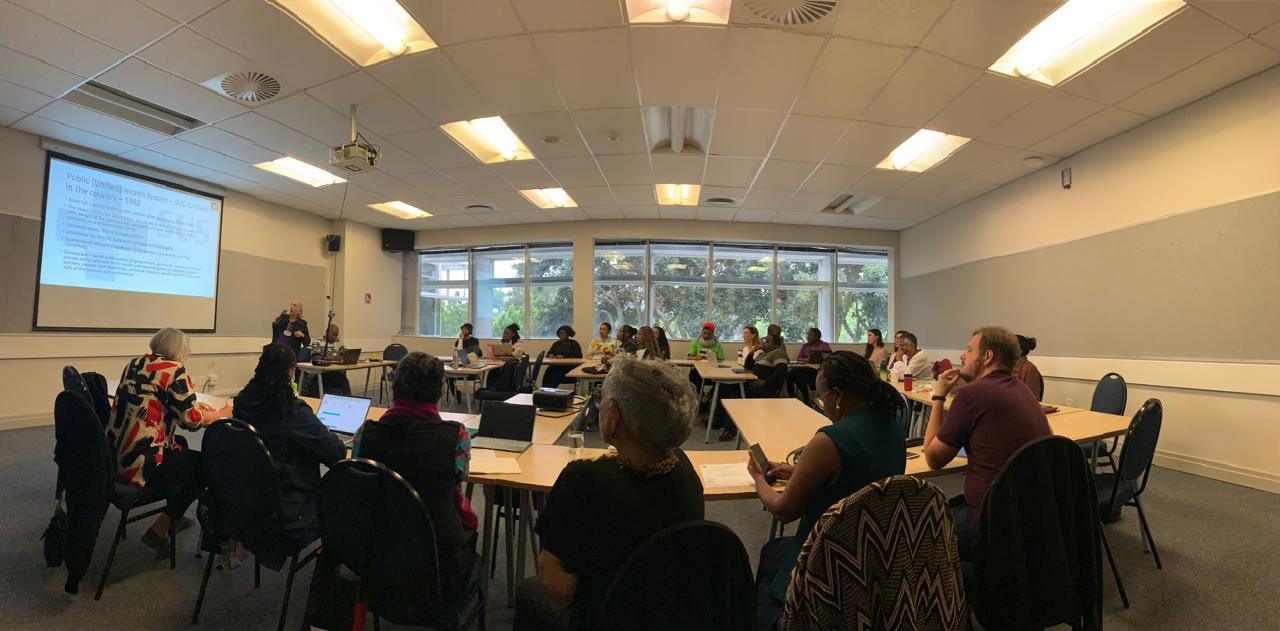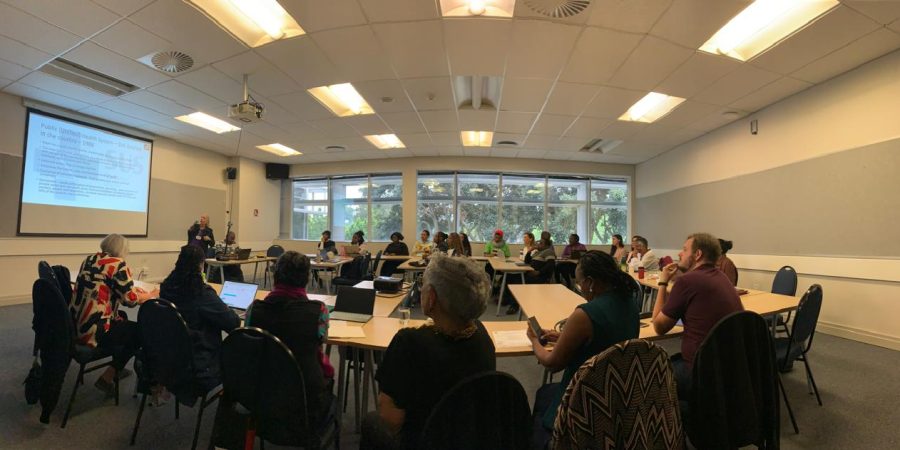
Health Justice is Social Justice – 2024 Annual David Sanders Lecture in Public Health and Social Justice
30 August 2024
The Hidden Dangers of Improper Medication Disposal
7 November 2024The University of the Western Cape SOPH hosts delegates The Federal University of Pernambuco
In the month of October, UWC hosted visiting academics from The Federal University of Pernambuco (UFPE), Brazil – Prof Ana Vieira, Dr. Gustavo Gomes, and Prof. Flavia Clemente.
During their visit, UWC’s School of Public Health in collaboration with the Anthropology and Gender Studies departments hosted two seminars which provided an opportunity for academics from both institutions to share research concerns and agenda on HIV and decolonizing gender and sexualities.
Prof Ana Viera’s seminar traced the evolution of the Brazilian health system, highlighting ways that various regimes and policies have influenced the publicly funded health system Sistema Único de Saúde (SUS), and impacted responses to the HIV epidemic and health outcomes. One of the key factors she highlighted was the impact of neoliberal austerity measures, which contributed to a shift toward medication-focused responses to HIV, and a reduction in government support for awareness and behaviour-focused interventions. This shift contributed to a high HIV epidemic among black, low-income communities and among people with less schooling.
In the second seminar, Dr. Gustavo Gomez, presented on strategies for regulation of gender and sexuality applied by European colonial powers between the 16th and 20th century in Brazil and South Africa. This work will be published as a chapter in a book titled: Colonialism and queer politics: Sexualities Genders and Uncertain Colonial Realities. It explores colonialism as a crucial element for understanding power relations shaping sexualities and gender.

Discussions during both seminars drew parallels between South Africa and Brazil. For example, regarding the role of social movements in advocating and securing access to HIV treatment, processes of litigation for the legalization of same sex unions in both contexts, and ways that social determinants of health impact health outcomes for black and marginalised groups. Key differences were also highlighted; for instance, in Brazil, men, rather than women, are more likely to know their HIV status and receive treatment compared to South Africa. These differences are influenced by contextual differences such as cultural practices and varied intervention strategies for confronting the HIV epidemic.
Both seminars, which were attended by students and academics from the UWC community, reaffirmed the importance of strengthening South-South collaborations. As Dr. Gustavo Gomez noted, “Brazil and South Africa have a lot in common […] and it is very important to foster South-South collaboration.”
Recordings of both seminars are now available:
Examining Brazilian Health Policies on HIV/AIDS: Perspectives of Black People and Women in
https://drive.google.com/file/d/1FJppAUKjRXrmrTeXSI-yMQD0fJxDWbbf/
The coloniality of gender and sexuality-reflections from Brazil and South Africa
https://drive.google.com/file/d/1PMiecqnptox4jY8L_W5t7KZ-F73raeeM/view


